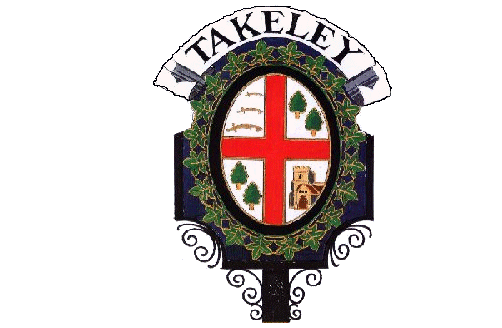|
1551 - 1634
There are seven men who were called William Towse, but this report will only concentrate on William Towse, sergeant at law, & justice of the peace who held the Manor of Bassingbourne, Takeley Essex in c 1598 to 1634 when he died at the advanced age of 83.
The family of Towse originated in Somerset descending from Alexander Towse, a merchant. Towse was born at Henham Hall. Essex, the second son of William & ?Agnes Towse. His father died when he was seven years old & he was brought up by his mother. His inheritance was land in Bardfield in Essex. He was educated at Christ’s College, Cambridge [1567] & Clifford’s Inn, London [1572] where he was called to the bar in 1574.
Between 1593 & 1623 he held many & varied positions of trust, such as Justice of the peace for Saffron Walden & other positions in Colchester, Dengie, Debden, Tiptree Heath, Dunmow, & Havering.
By 1615 he was recorder for Saffron Walden & Town clerk of Colchester by 1618.
He was returned as M.P for Bramber in Yorkshire in 1586, Beverley in Yorkshire in 1614, & Colchester in Essex in 1621,1624, 1625m & 1626.
From 1586 he was associated with the Inner Temple in London, acting as treasurer, steward, bencher, reader, & in 1614 he qualified as serjeant at law. Towse had signed the Oath of association in 1584 & his legal practise had flourished.
While at the Inner Temple he befriended a bencher named John French, & married his daughter Joan. The money she brought him at their marriage enabled Towse to purchase Bassingbourne Manor in Takeley Essex in the late 1580s for £400. This was added to over the years by land at Layer Breton, Moulsham, Beeleigh abbey & Torrells Hatch in West Thurrock, together with many smaller purchases.
Towse was an active M.P. & one of his main concerns was that of the wool trade which was vital to many of his constituents. He was also involved with establishing a hospital at East Grinstead, & in draining the marshes at Erith & North Plumstead. In 1625 when Towse was 72 years old Sir Henry Hobart suggested that Towse should stand aside as M.P. in favour of Hobart’s son John. Towse was willing to give way but Colchester would not allow him. He had been active for the town in many ways including helping them with a draft to enable them to mount a levy for paving the streets & repairing the haven.
After the death of Joan Towse, William had married the twice widowed & very wealthy Katherine, Lady Barnardiston. He moved to live in her house at Witham. This left his son William Towse to live in the house at Takeley which the father had completely rebuilt. The son William was to predecease his father by two years & is buried in Takeley church. Katherine’s will “forgave” her husband the money she had given him at their marriage, suggesting that Towse was in spite of his great energy & efforts, not a wealthy man.
Every thing we know about Towse suggests that he was a man of devout Puritan belief. He was associated with Puritan divines & the families such as the Barringtons of Hatfield Broad Oak. He was to outlive his second wife by eighteen months & had returned to live in his house at Bassingbourne manor, Takeley . He had continued to work as a J.P until very close to his death & he held a very good record of attendance at the Sessions.
The lawyers Sir Richard Hutton described him as “good, affable, curteous, honest & harmless. He probably had ambitions to establish a dynasty similar to that of the Cecil & Petre families, but this came to nothing with the death of his only grandson at an early age without heirs. His grand daughter Margaret Werden was to sell Bassingbourne in 1663 to the Kendall family.
|



